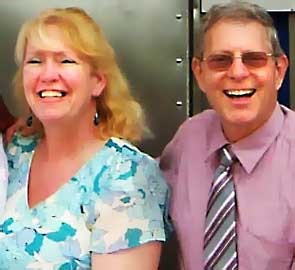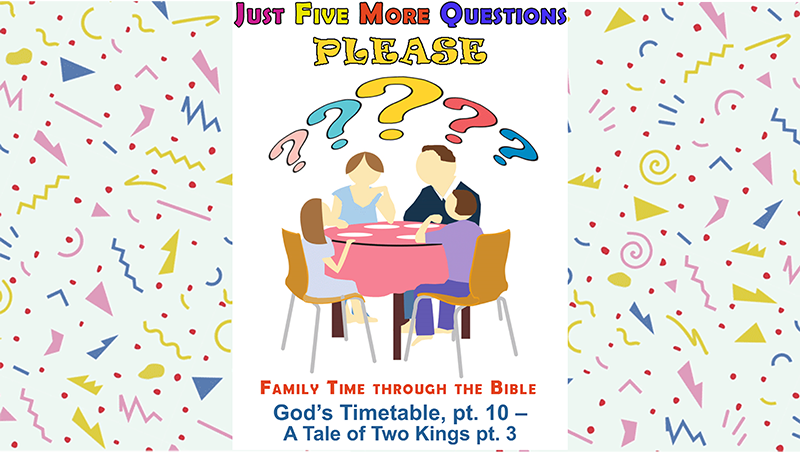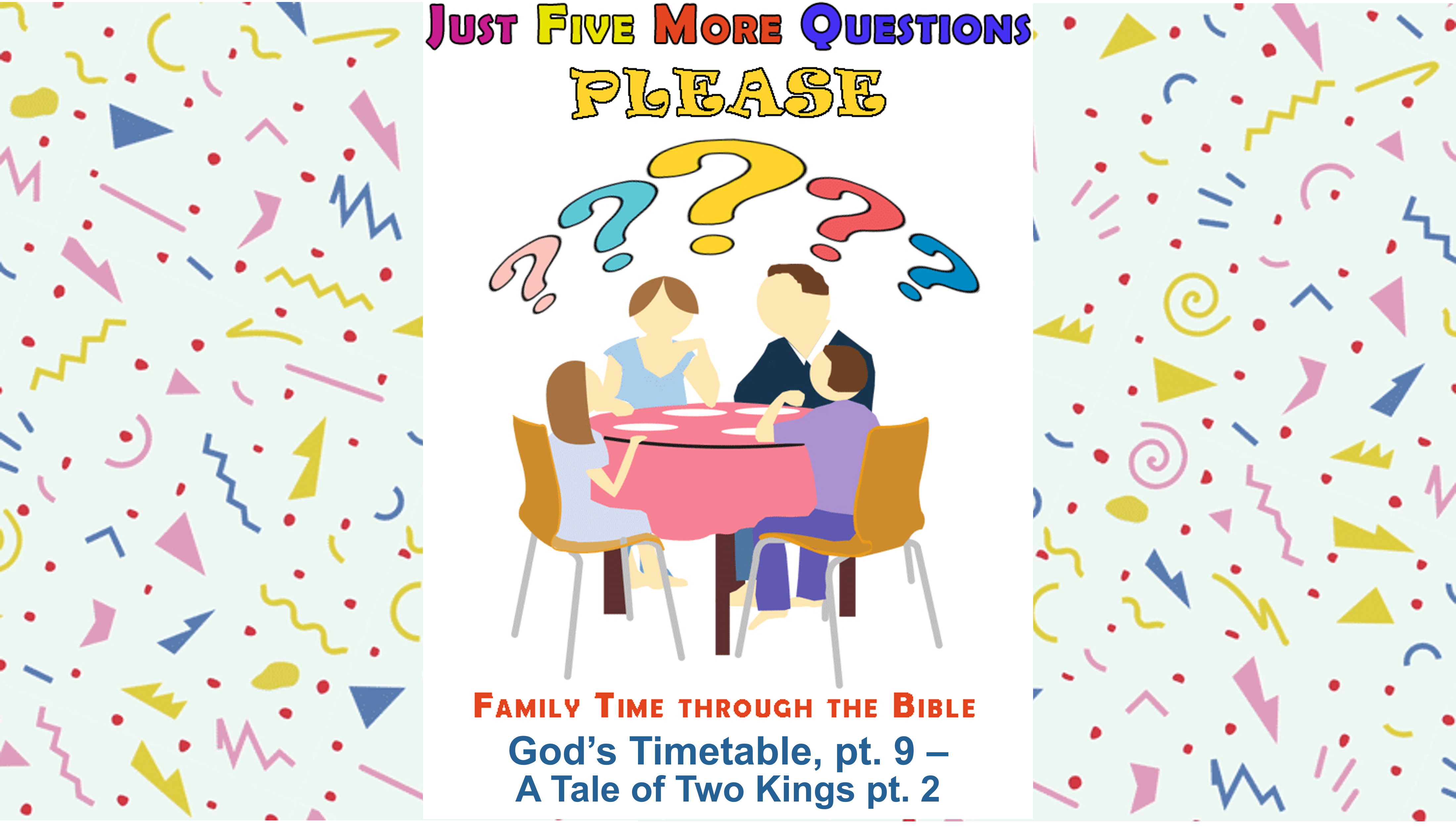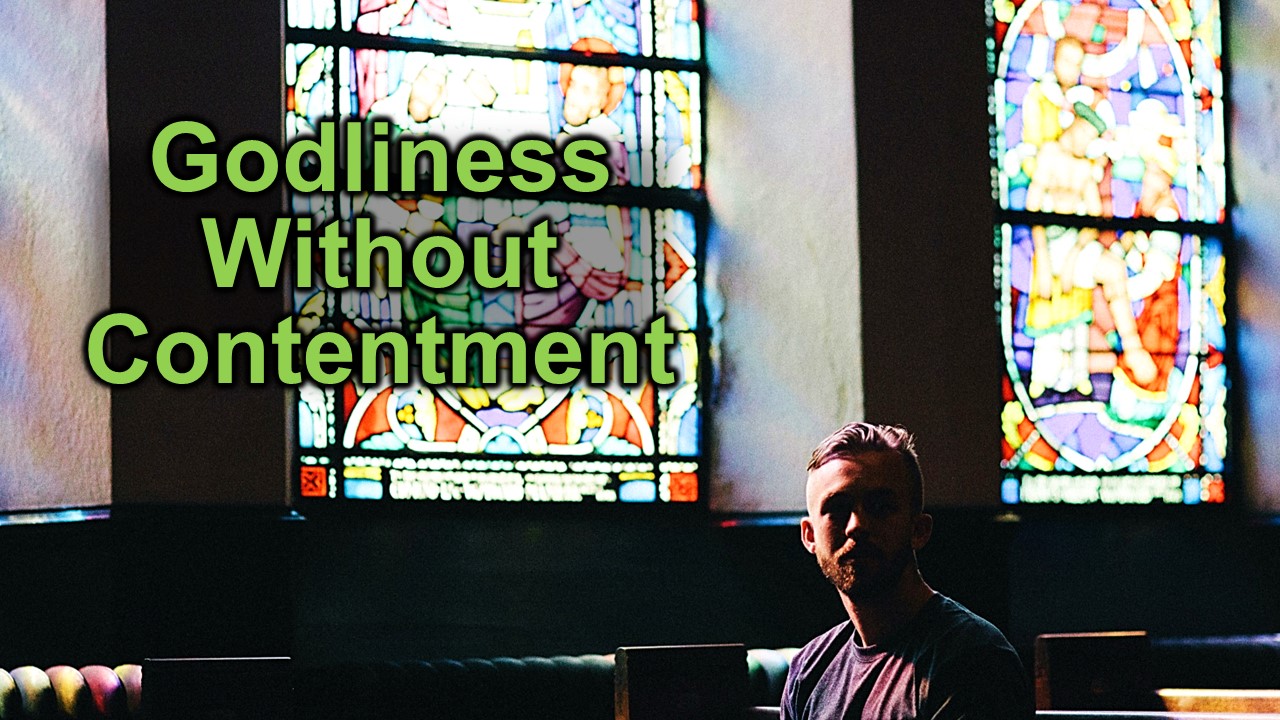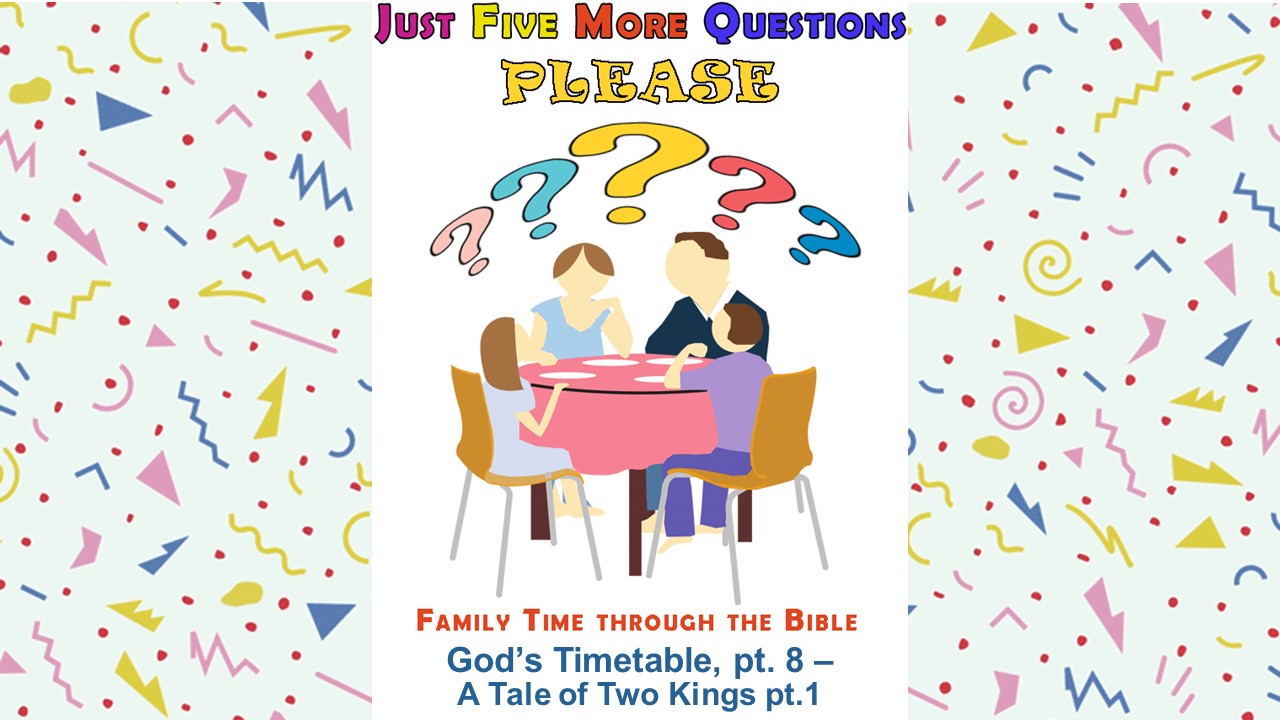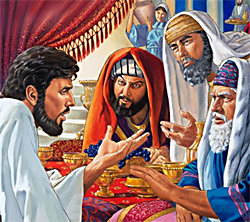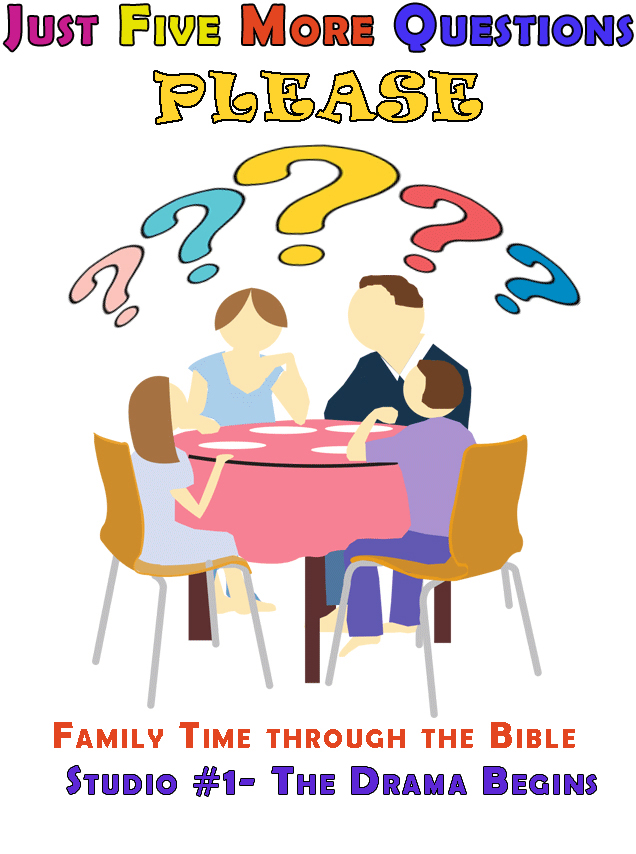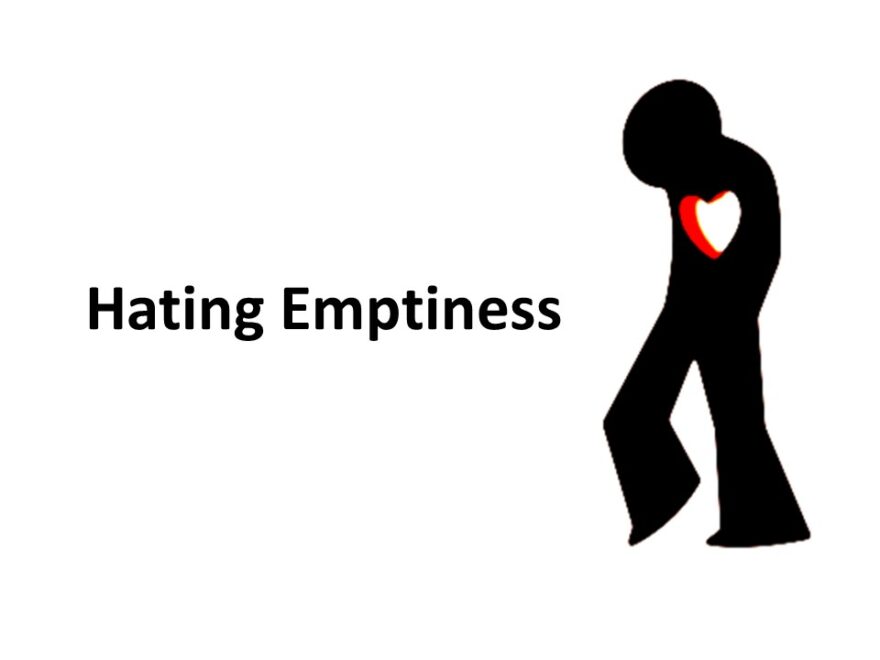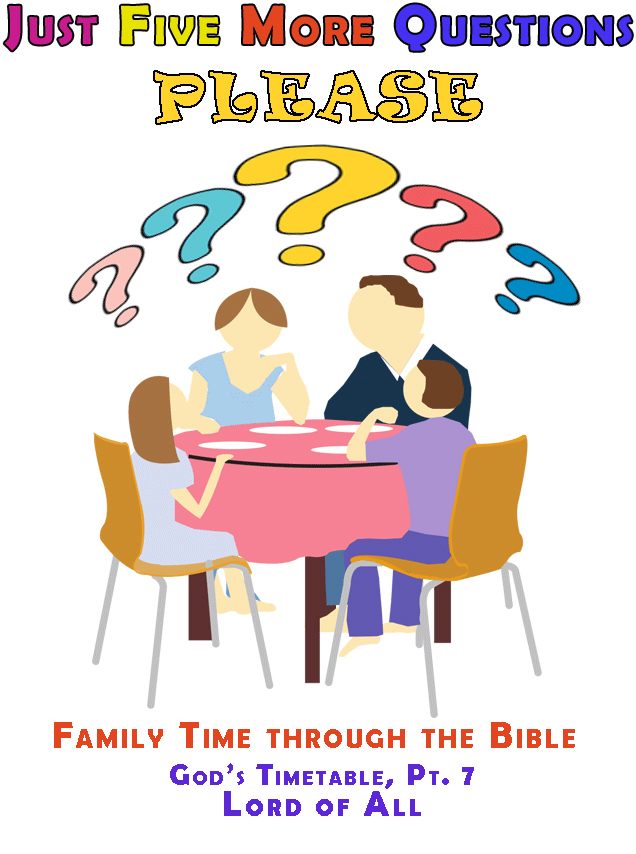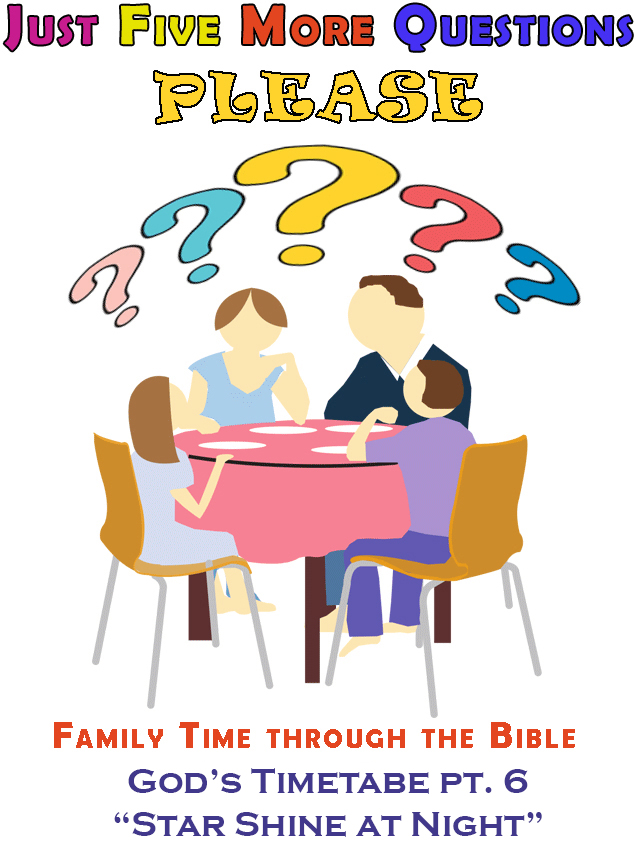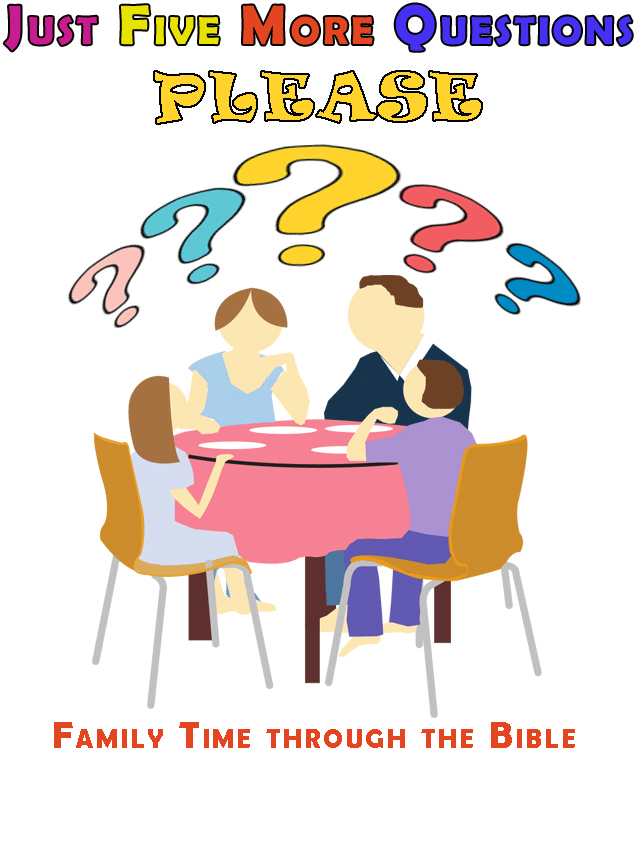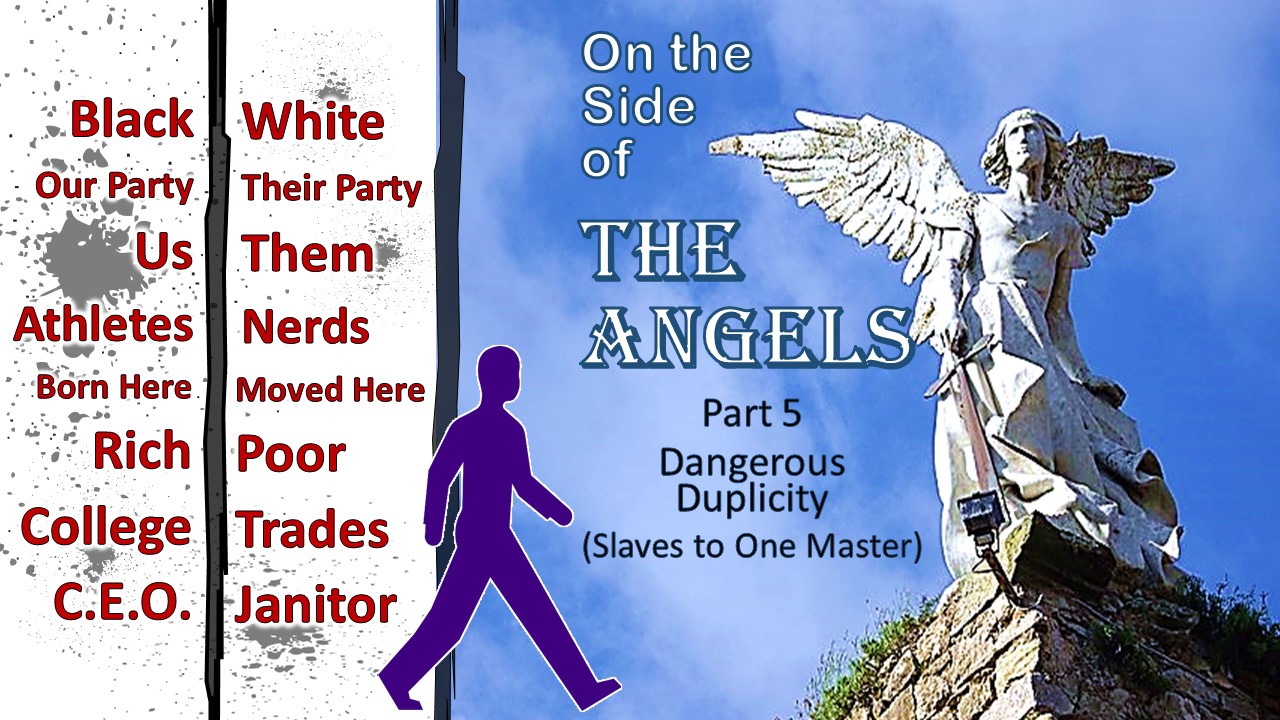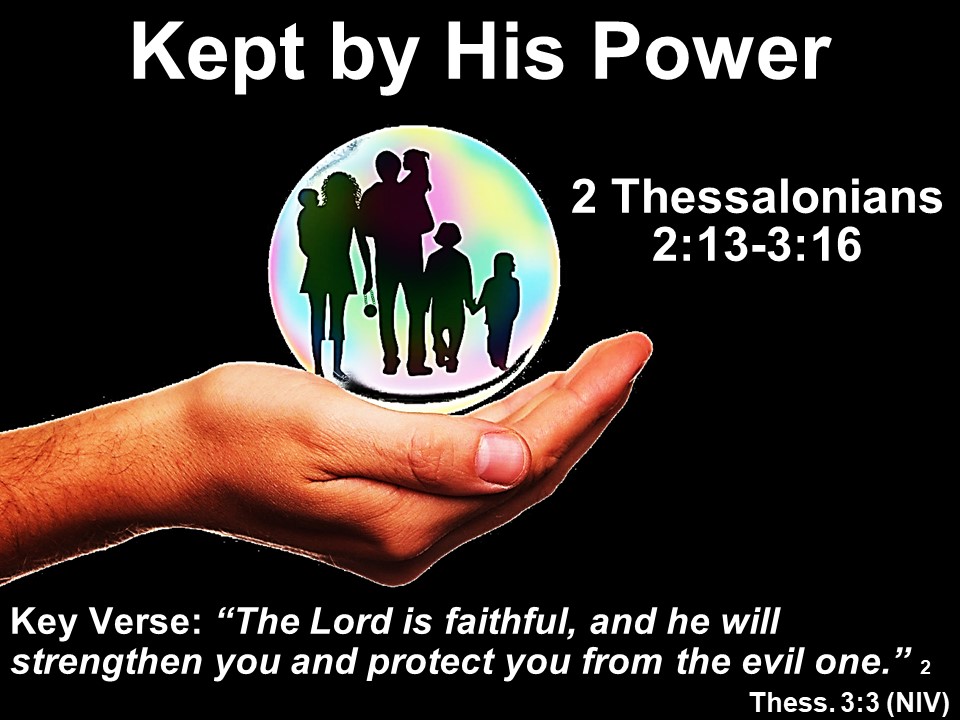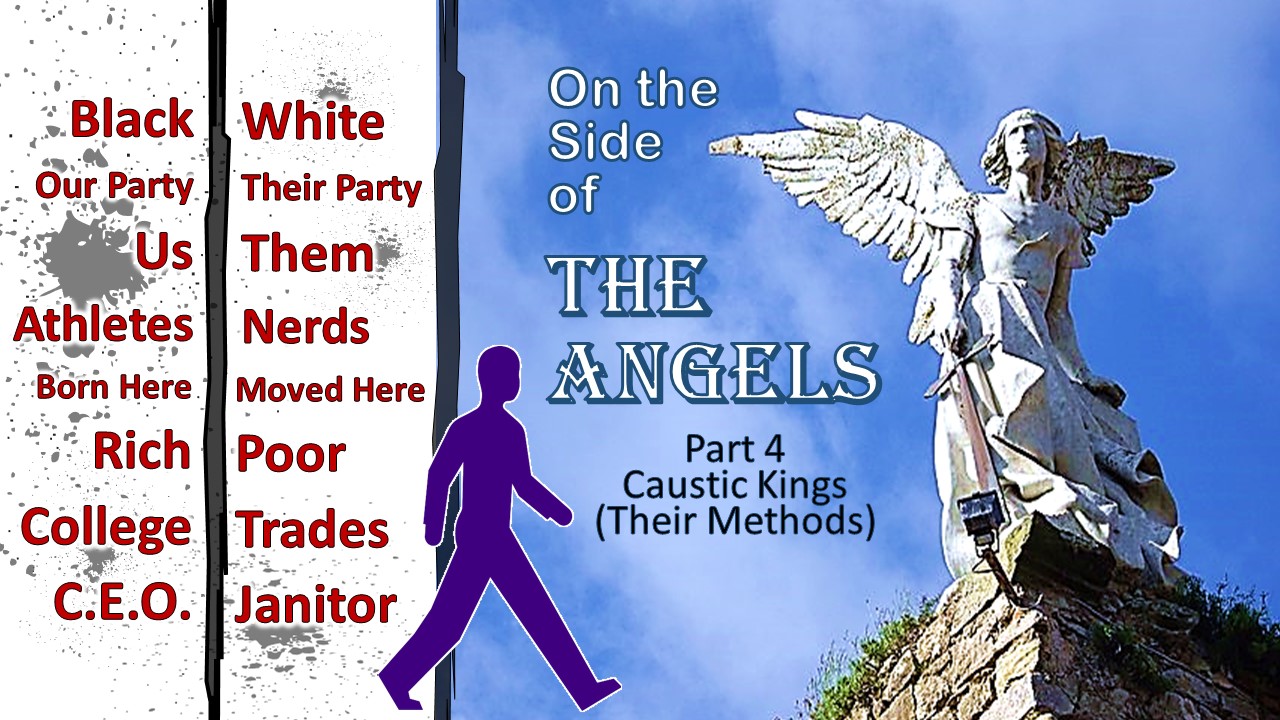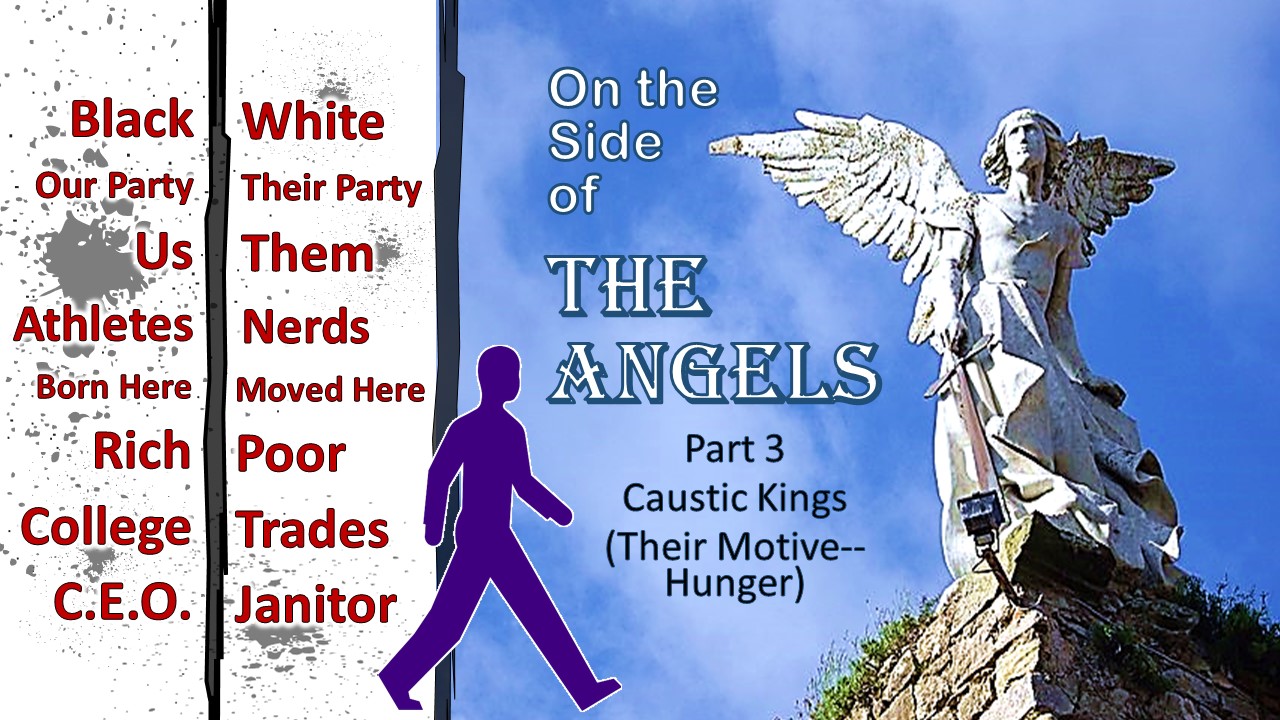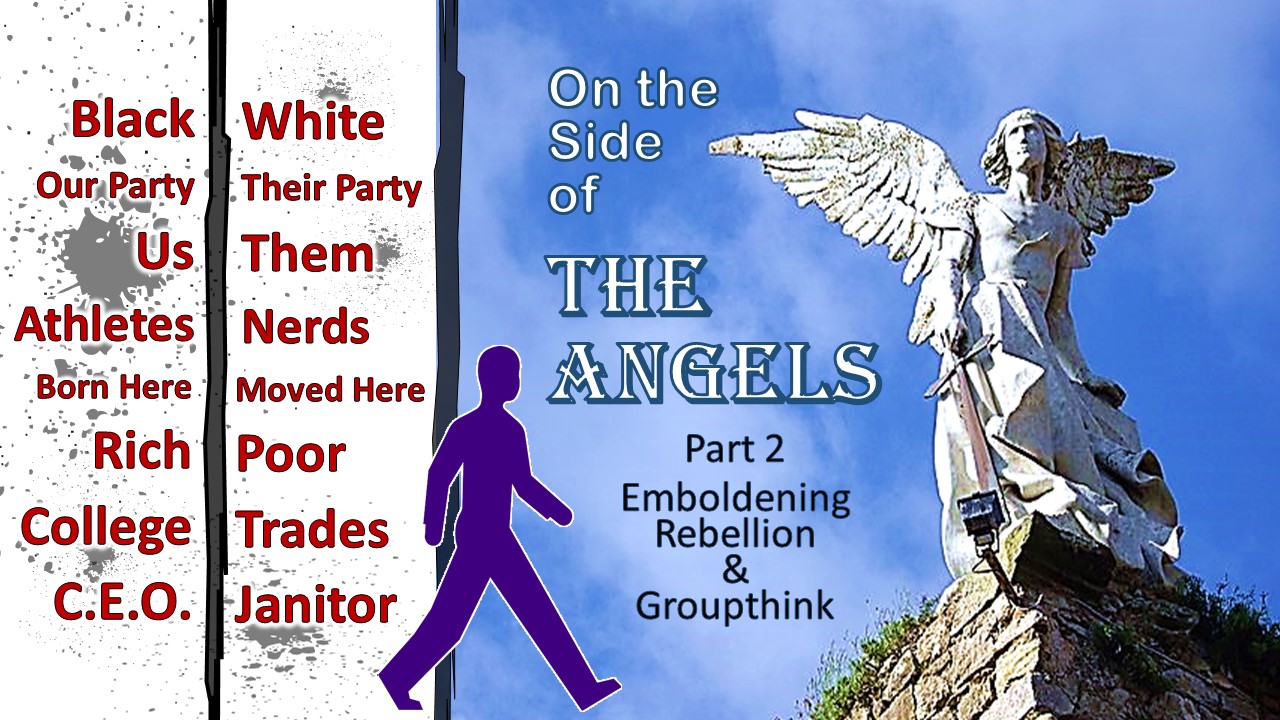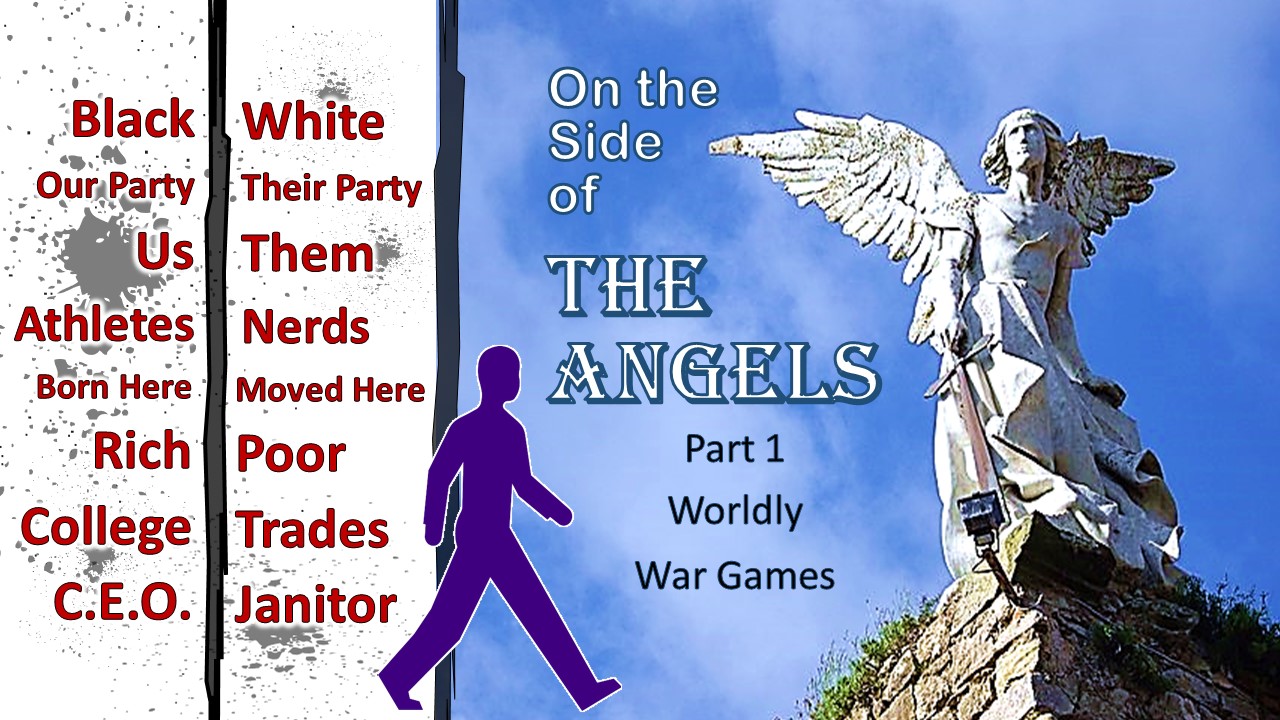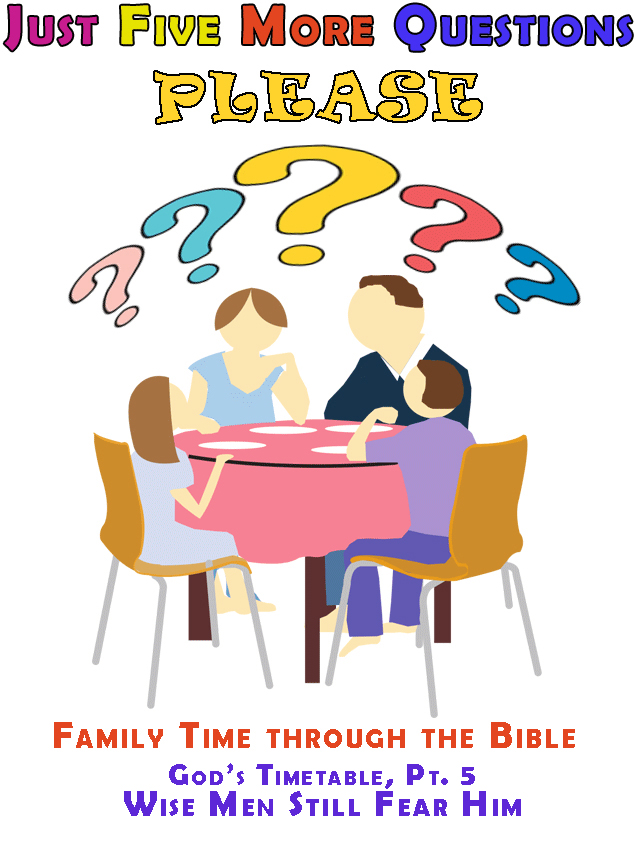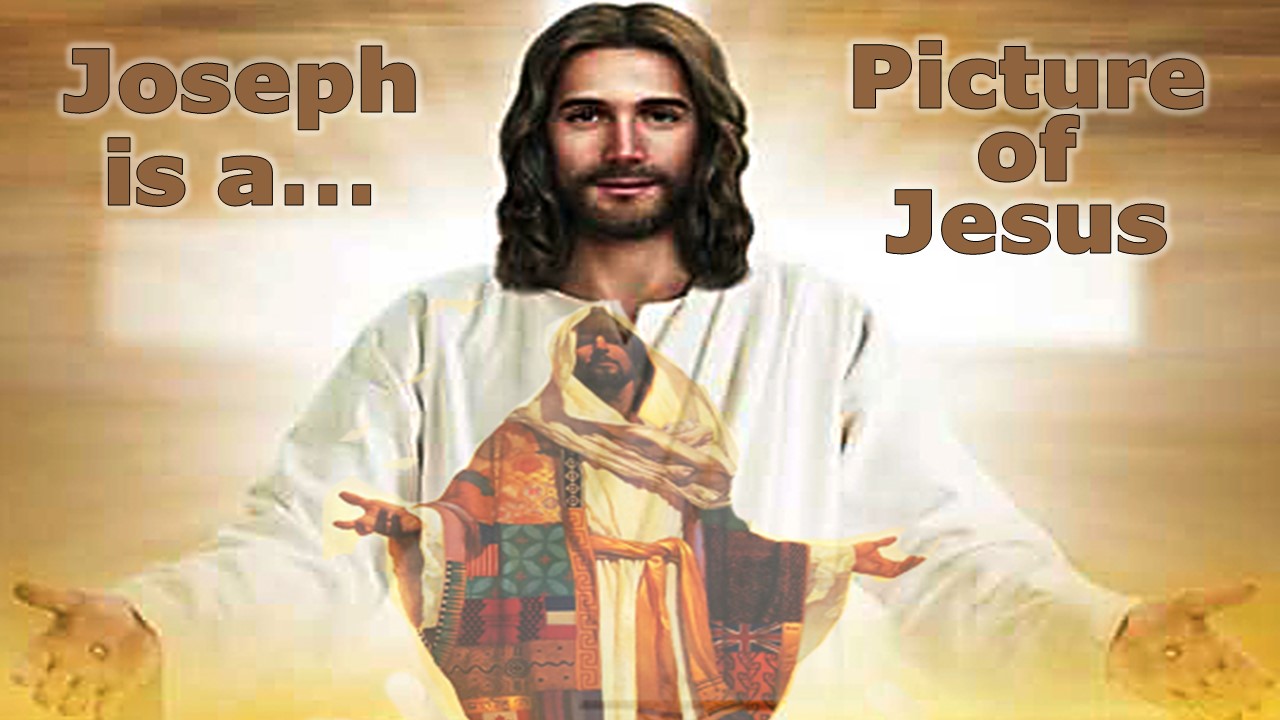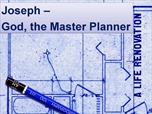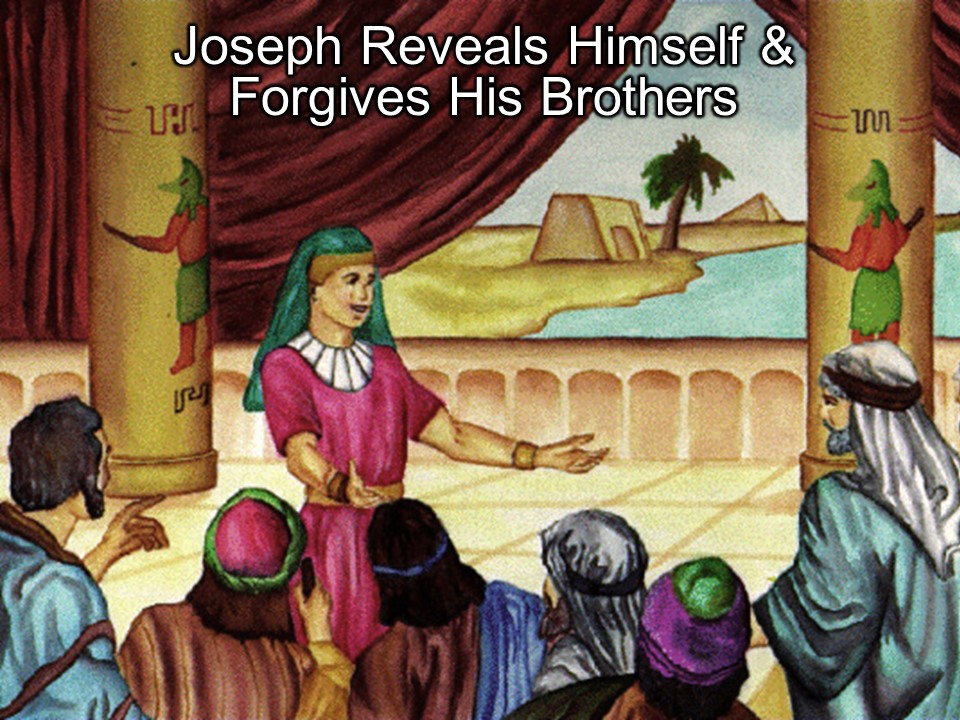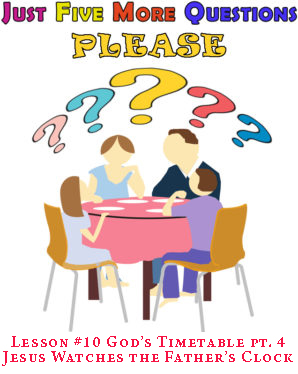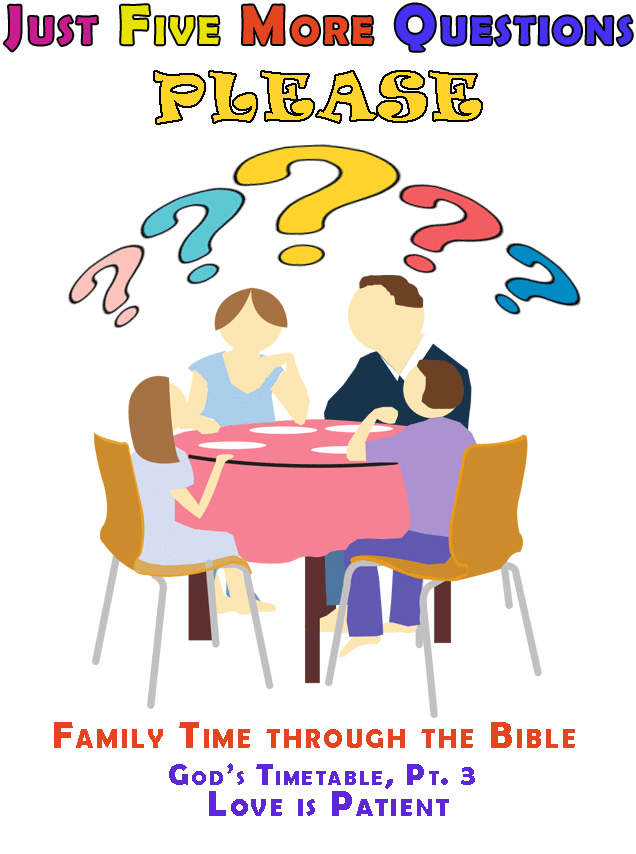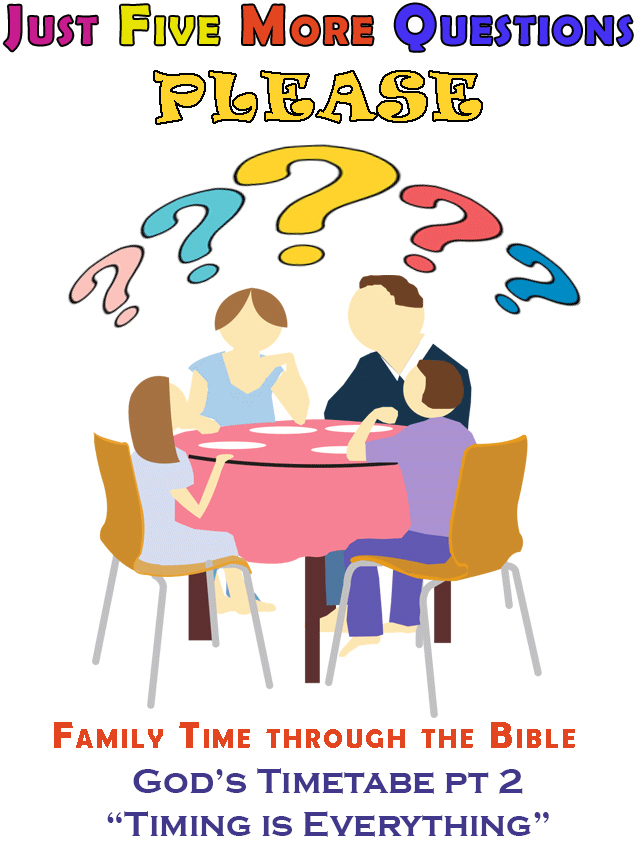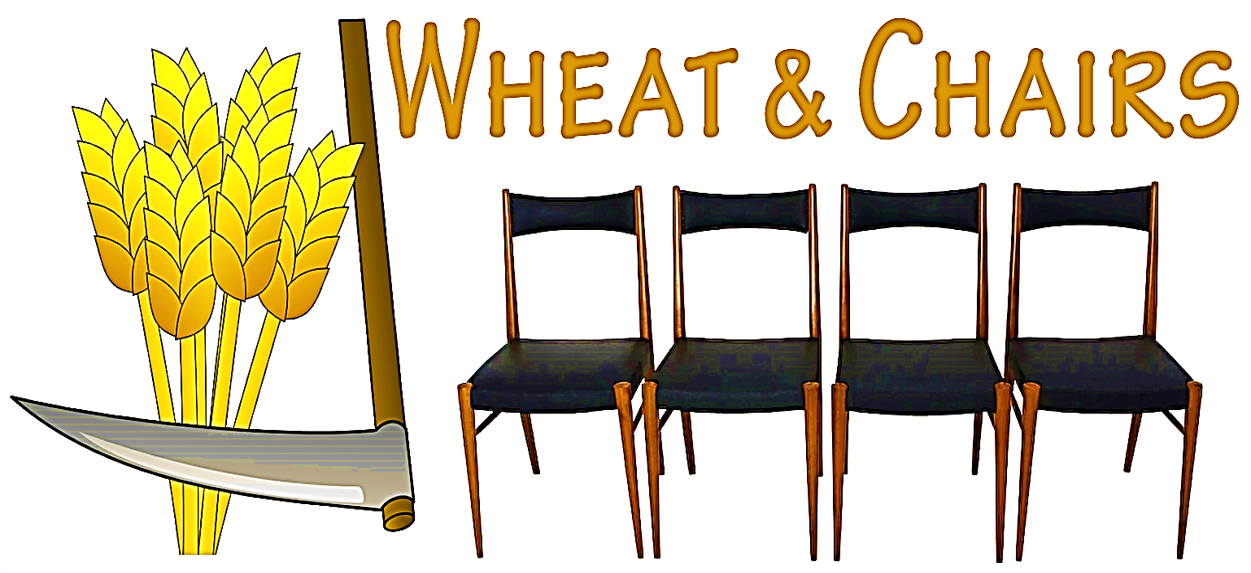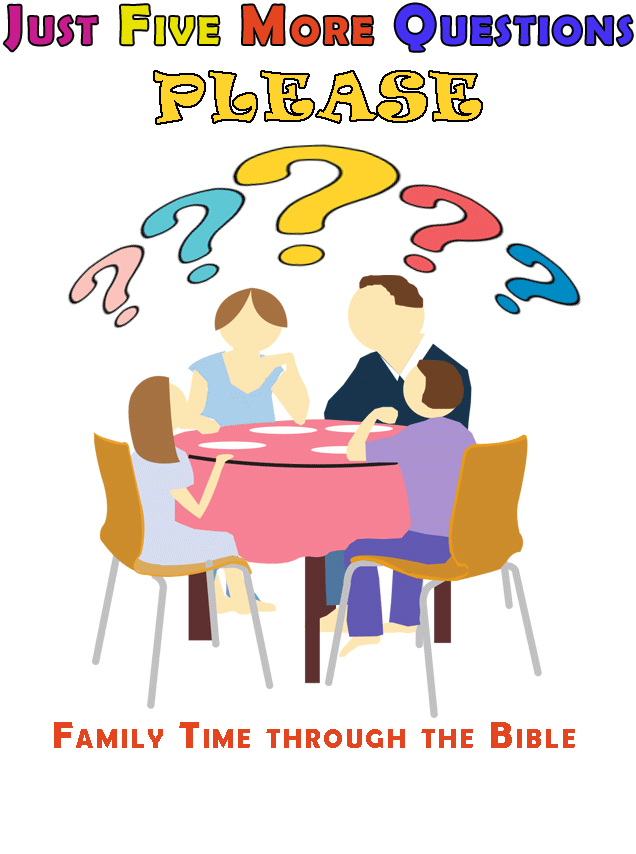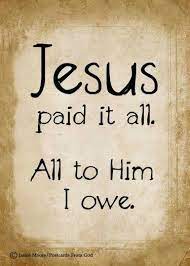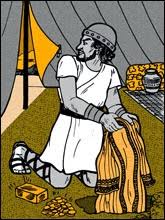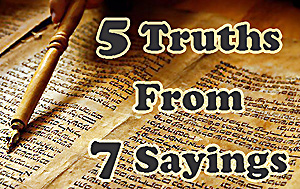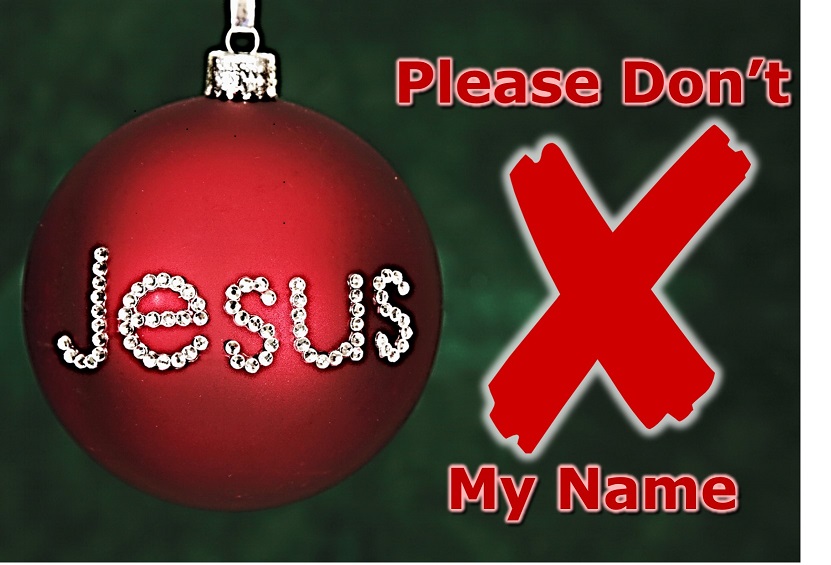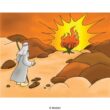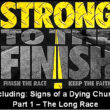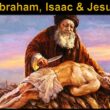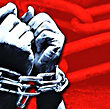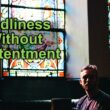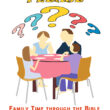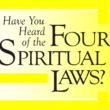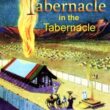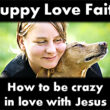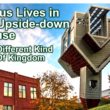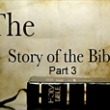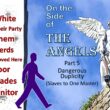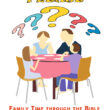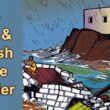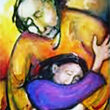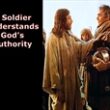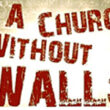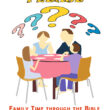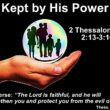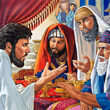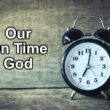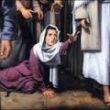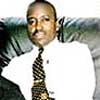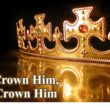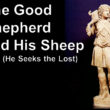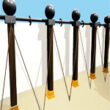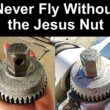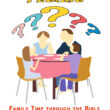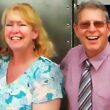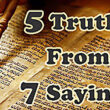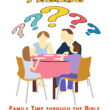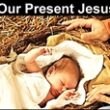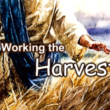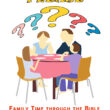Outreach Quote of the Day:
“When all is said and done, the life of faith is nothing if not an unending struggle of the spirit with every available weapon against the flesh.”
―
Download Free PowerPoint Here:
Preview PowerPoint Here:
Watch Our Live Teaching Here
Video & Free PPT:
Lesson #17 – A Tale of Two Kings (Pt. 4)
Don’t Call it Faith
(Selling Phony Piety)
Like the Pharisees, Herod was a religious hypocrite. He believed himself to be the likely Jewish Messiah. But, like many religious people today, Herod (who was not a Pharisee or a Sadducee) was a Fakeasee!! We would do well to examine our own hearts and discern between the things we do that come from authentic relationship with Jesus and those things we do merely for show.
We recommend the following music to go with your lesson time together:.
1) If You Want to Lead Me to Jesus
2) No More Pretending
3) Less Like Me
May God Bless Your Session
__________________________________________
A Tale of Two Kings Pt. 4 Transcript
A Tale of Two Kings (Pt. 4) Don’t Call it Faith (Selling Phony Piety)
In Review:
In our last lesson we saw a man who dedicated himself to personal fame and legacy.
We must remember that any glory we claim for ourselves, we steal from God.
We learned: People long to be recognized & honored.
We want to be remembered for
our contributions to mankind and have any negative acts forgotten.
In our heart of hearts, we want, more than anything, to be remembered as a great person, a true treasure.
God’s gift to mankind.
Rather than (or including) craving power, we crave leaving a legacy behind. We long to have our name remembered and celebrated forever so we have it put on just about everything.
Herod was a builder, he built relentlessly ― cities, palaces and fortresses, some of which still stand:
Archeologists attest that he was one of the greatest builders in human history.
He thought he was the greatest.
But he was… NOT!
“Except the Lord build the house, they labour in vain that build it: except the Lord keep the city, the watchman waketh but in vain.” Psalm 127:1 KJV
Nebuchadnezzar learned this the hard way.
And Solomon already knew it in his heart.
When Jesus dared to say this
The Jews were outraged because it took 46 years to build the Lord’s Temple.
Who could tear it down and raise it in three days?
“Jesus answered and said unto them, Destroy this temple, and in three days I will raise it up.” John 2:19 KJV
Then, in 70 AD, the Romans destroyed many of Herod’s building projects.
Including the temple.
But the Temple Jesus was referring to was His body, which they did destroy, and God raised in three days. Now we are his temple.
“Do you not know that you are a temple of God and that the Spirit of God dwells in you? If any man destroys the temple of God, God will destroy him, for the temple of God is holy, and that is what you are.” 1 Corinthians 3:16-17 NASB
Jesus is a very careful builder, and we are His project—
The house He is building for himself.
He uses only the finest materials like God’s Word, His love, our faith, true repentance, wisdom and worship.
“So that, as it is written, “Let the one who boasts, boast in the Lord.” 1 Corinthians 1:31 ESV
And now, on with our story.
A Tale of Two Kings
Pt. 4
Don’t Call it Faith
(Selling Phony Piety)
Herod wanted to be seen as a charitable leader.
But there must be a proper motive for serving:
Serving can be done for selfish reasons such as seeking recognition,
or to get one’s name on a plaque, or for just fifteen minutes of fame,
or for an appearance of Godliness.
A good example of this is Herod’s charitable efforts.
Once, when facing a major drought, Herod imported grain from Egypt to start a major aid program for Judea.
(He must have been a good man?)
He once lowered the Jews taxes by a third.
(He must have been a good man?)
He gave financial aid to the needy dispersed Jews in towns like Anatolia and Cyrene.
(He must have been a good man?)
No, he was not a good man but the idea that he was a good, spiritual and even a called man of God is exactly what he was selling.
Not only was he selling it to the people he ruled, he was also selling it to himself.
This is what we are calling “Selling Phony Piety,”
“Beware of practicing your righteousness before other people in order to be seen by them, for then you will have no reward from your Father who is in heaven. Thus, when you give to the needy, sound no trumpet before you, as the hypocrites do in the synagogues and in the streets, that they may be praised by others. Truly, I say to you, they have received their reward. But when you give to the needy, do not let your left hand know what your right hand is doing, so that your giving may be in secret. And your Father who sees in secret will reward you.” Matthew 6:1-4 ESV
Jesus tells us that servanthood is, by no means a stepping-stone to greatness—servanthood is true greatness.
“Sitting down, Jesus called the Twelve and said, “Anyone who wants to be first must be the very last, and the servant of all.” Mark 9:35 (NIV)
Herod clearly saw himself as Jewish, although his credentials as a Jew were challenged by his opponents throughout his career because his parents were Arab and Edomite converts.
He was also considered too Greek, Hellenistic, and aristocratic at heart to be a true, simple, religious, Law of Moses obedient Jew.
Also, they found him to be far too friendly with their hated Roman occupiers to be truly on the side of the Jews.
Jews were scattered throughout the Roman Empire and comprised approximately 10 percent of the empire’s population.
In Herod’s mind, he was the king of them all.
Judea had several religious/political factions.
Notably, Sadducees, Pharisees, and Zealots
Herod was not a Sadducee, Pharisee, or Zealot
Herod was, what we will call here, just a “Fakeasee”
Herod succeeded in winning over most of the wealthy Sadducees who were, like him, upper-class Hellenists at heart and were friendly with the Romans in power.
Because of their collaboration with Herod and Rome, the Sadducees were given high positions in both government and religion. They controlled the Temple.
Herod saw himself as an enlightened secular and religious leader trying to drag an obstinate old-fashioned, backward people into the enlightened modern world.
He wanted the Jews to be “second to none” as world contributors to the arts, culture and learning.
He saw himself as a religious reformer.
“Similarly, the Sadducees were pro-Greek, aristocratic priests, whose interests were centered in the temple and religious ceremony.
Because the offices of high priest and governorship were combined, the Sadducees tended to be deeply involved in high-level politics.
Although they were opposed to foreign domination, they did not object to the introduction of attractive, excessive foreign lifestyles into Jewish life.
Like the Pharisees, they stressed the importance of observing the writings of the Torah, but they rejected the so-called authority of Jewish oral tradition.
They also rejected the Pharisaic doctrine of a resurrection and a life beyond the grave.
They held to an older belief in Sheol; a place where dead Jewish souls linger forever.
Herod had a great deal more opposition from the Nationalistic Pharisees and Zealots.
The Pharisees were a group of religious lay leaders.
They were not governors or priests, but they were zealously committed to the purification of Judaism through meticulous observance of moral and ceremonial laws.
They were usually identified with local synagogues.
These were gathering places for the masses where prayer and study were conducted.
In addition to the study of the scriptures, the Pharisees emphasized the teachings of the elders—added on oral traditions with innumerable, extra-biblical rules.
They believed in the resurrection of the body and a future world where rewards and punishments are handed out according to man’s deeds.
They believed in angels through whom revelations could come.
They also believed in a Messiah yet to come.
This was Herod’s biggest problem with them.
Their problem with Herod was that he mixed Judaism with Greek and Roman culture.
Once, a group of their young Torah-students smashed the golden Roman eagle over the main entrance of Herod’s Temple.
Herod had 40 of the students (along with two of their professors) burned alive.
Spiritual Pride is the worst, most dangerous form of pride.
In Herod’s case, it drove him mad.
His crown, his position, and his title, “The King of the Jews” meant everything to him.
It was a high and respected position.
It meant he was important, he mattered.
It was also a religious position.
He wasn’t just a king, he was king of the Jewish people—the religious people, the people favored by God.
He was most likely (in his mind)
the fulfillment of Jewish prophecy—the Messiah.
He felt threatened by anyone who questioned his kingly power or his spiritual and “prophetic” standing.
He had several Pharisaic leaders executed because they had announced that the birth of the Messiah would mean the end of Herod’s rule.
Herod’s wife Mariamne, along with her brother Aristobulus III, were the last of the Hasmonean Levite royalty.
Remember that Herod had Mariamne’s grandfather killed for fear that the people would prefer him.
Both Mariamne and her brother Aristobulus III happened to be extremely good-looking people.
Because of their looks and their heritage, the people loved them more than they ever loved Herod.
At first, Herod gave 17-year-old Aristobulus III the lofty position of High Priest but then he became increasingly afraid that the people would want him as both king and High Priest.
Herod was not qualified to ever be the High Priest, but he clung tightly to his title “King of the Jews” with all his might.
Mysteriously, Herod’s brother-in-law, Aristobulus III was found drowned at a party.
It is believed Herod ordered it.
Then Herod put his 25 year-old wife, Mariamne, on trial—falsely accusing her of adultery.
Herod’s sister, Salome I, was the chief witness against her.
Even Alexandra, Mariamne’s
own mother testified against her (likely in fear for her own life).
Then, Alexandra (Mariamne’s mother) made a bid for power, declaring herself “Queen” and stating that Herod was mentally unfit to serve any longer.
Herod executed both his wife and her mother.
Herod also executed his brother-in-law Kostobar (Mariamne’s brother) accusing him of conspiracy.
Then Herod suspected his two sons from Mariamne I, Alexandros and Aristobulos of treason and executed them.
Then, Herod turned to his firstborn son Antipater (from Doris, his first wife) and made him his heir.
Soon after, however, Herod accuses him of conspiracy and executes him.
In the end, near death from an illness, Herod names Antipas from his fourth marriage as his new successor.
This Herod Antipas is the one who had John the Baptist beheaded.
Before he died, for fear that the nation would celebrate his passing, Herod ordered that several of the more popular leaders be executed on the day of his passing (this would ensure there would be a national day of mourning).
He died, but they did not obey his final, selfish order.
Concerning Herod, Augustus said:
“It is better to be Herod’s dog than one of his children.”
Spiritual pride led to the crucifixion of Jesus.
What does it look like?
They often know a lot of scripture, follow a lot of rules, and pay a lot of tithes:
“It will be bad for you teachers of the law and you Pharisees! You are hypocrites! You give God a tenth of the food you get, even your mint, dill, and cumin. But you don’t obey the really important teachings of the law—being fair, showing mercy, and being faithful. These are the things you should do. And you should also continue to do those other things.” Matthew 23:23 ERV
They talk the talk, even walk a walk for show, but their hearts are not in it:
“The Lord said, “These people claim to worship me, but their words are meaningless, and their hearts are somewhere else. Their religion is nothing but human rules and traditions, which they have simply memorized.” Isaiah 29:13 GNT
They often look religious:
“Everything they do is done for show.
They act holy by wearing on their arms little prayer boxes with Scripture verses inside, and by lengthening the memorial fringes of their robes. And how they love to sit at the head table at banquets and in the reserved pews in the synagogue! How they enjoy the deference paid them on the streets and to be called ‘Rabbi’ and ‘Master’! Matthew 23:5-12 (TLB)
They even make converts:
“How terrible it will be for you, scribes and Pharisees, you hypocrites! You travel over land and sea to make a single convert, and when this happens you make him twice as fit for hell as you are.” Matthew 23:15 ISV
They don’t really know Jesus:
“Have any of the rulers or of the Pharisees believed in him?” John 7:48 NIV
“They will appear to have a godly life, but they will not let its power change them. Stay away from such people.” 2 Timothy 3:5 GW
They think they are spiritually superior to others around them:
“It is bad for you, teachers of the Law and proud religious law-keepers, you who pretend to be someone you are not! You keep men from going into the holy nation of heaven. You are not going in yourselves, and you do not allow those to go in who are about to go in.” Matthew 23:13 NLV
They are jealous if people love another bible teacher more than them.
“Now the tax collectors and sinners were all gathering around to hear Jesus. But the Pharisees and the teachers of the law muttered, “This man welcomes sinners and eats with them.” Matthew 25:5 ICB
It is more important to them to be seen as men of God than to be men of God:
“The reason they do good things is so other people will see them. They make the boxes of Scriptures that they wear bigger and bigger. And they make their special prayer clothes very long so that people will notice them.” Matthew 25:5 ICB
They hate being exposed as less than spiritual leaders:
“He said to them, ‘If any of you has a sheep and it falls into a pit on the Sabbath, will you not take hold of it and lift it out? How much more valuable is a person than a sheep! Therefore, it is lawful to do good on the Sabbath.” Then he said to the man, “Stretch out your hand.’ So, he stretched it out and it was completely restored, just as sound as the other. But the Pharisees went out and plotted how they might kill Jesus.” Matthew 12:11-14 NIV
If you have spiritual pride, you will kill!
Yes, you will!
Herod was the law, so he had no problem executing anyone who threatened his personal perception that he was the promised Jewish Messiah.
The Pharisees, under Roman rule, had no direct power to execute those who threatened their position or reputation as God’s men, His agents on Earth, the ultimate teachers of God’s truth.
Having no civil power of their own, they sought to manipulate the Roman government to execute Jesus—their main spiritual rival.
But, what of us?
We have little political power, yet we still carry that spiritual pride, jealousy, and desire to kill in our hearts.
Today, we cannot kill our rivals’ bodies, so we go after their reputations.
We may say something like, “Oh, they’re not so much,”
or “I know something about them maybe you don’t know.”
Anything we can think of to make other people think less of them.
“But what about false teachers” you may say.
Yes, false teachers do need to be exposed…
…but remember, the Pharisees, out of nothing more than spiritual pride, accused Jesus (the very Son of God) of being a false teacher.
Just like yeast dough, spiritual pride starts small and then puffs up to outrageous proportions.
“Meanwhile, when a crowd of many thousands had gathered, so that they were trampling on one another, Jesus began to speak first to his disciples, saying: “Be on your guard against the yeast of the Pharisees, which is hypocrisy.” Luke 12:1 NIV
Why did Jesus warn His disciples of this yeast of the Pharisees?
He saw that it was already infecting His followers.
We can feel spiritual pride when we succeed where others have failed:
“It is as if some of the branches from an olive tree have been broken off, and the branch of a wild olive tree has been joined to that first tree. If you are not a Jew, you are the same as that wild branch, and you now share the strength and life of the first tree. But don’t act as if you are better than those branches that were broken off. You have no reason to be proud of yourself, because you don’t give life to the root. The root gives life to you. You might say, “Branches were broken off so that I could be joined to their tree.” That is true. But those branches were broken off because they did not believe. And you continue to be part of the tree only because you believe. Don’t be proud but be afraid. If God did not let the natural branches of that tree stay, he will not let you stay if you stop believing. Romans 11:17-21 ERV
We can feel spiritual pride when we work harder than others in the church:
“While Jesus and his followers were traveling, he went into a town, and a woman named Martha let him stay at her house. She had a sister named Mary. Mary was sitting at Jesus’ feet and listening to him teach. But her sister Martha was busy doing all the work that had to be done. Martha went in and said, “Lord, don’t you care that my sister has left me to do all the work by myself? Tell her to help me!” But the Lord answered her, “Martha, Martha, you are getting worried and upset about too many things. Only one thing is important. Mary has made the right choice, and it will never be taken away from her.” Luke 20:38-40 ERV
We can feel spiritual pride when we are invited to THE important seats:
“These men love to have the places of honor at banquets and the most important seats in the synagogues.” Matthew 23:6 ERV
We can feel spiritual pride when we think that somehow, we are not as bad as (we think) some other people are.
“One time there was a Pharisee and a tax collector. One day they both went to the Temple to pray. The Pharisee stood alone, away from the tax collector. When the Pharisee prayed, he said, ‘O God, I thank you that I am not as bad as other people. I am not like men who steal, cheat, or commit adultery. I thank you that I am better than this tax collector. I fast twice a week, and I give a tenth of everything I get!’ The tax collector stood alone too. But when he prayed, he would not even look up to heaven. He felt very humble before God. He said, ‘O God, have mercy on me. I am a sinner!’ I tell you, when this man finished his prayer and went home, he was right with God. But the Pharisee, who felt that he was better than others, was not right with God. People who make themselves important will be made humble. But those who make themselves humble will be made important.” Luke 20:10-14 ERV
Here is a true story about a famous preacher named Dr. Harry A. Ironside.
He was pastor of the famous Moody Church in Downtown Chicago.
As such, he became worried that he was getting too prideful.
He shared his concern with a friend who suggested he wear a big advertising sandwich board with scriptures on it front and back.
Then, his friend suggested that he walk up and down the Chicago business district for a whole day wearing the sign.
Ironside did exactly that all day long and it was humiliating to him. However, he confesses (to his shame) that at the end of the day, he took off his sign and thought to himself (pridefully), “There’s not another person in Chicago that would be willing to do a thing like that.”
“For the desires of the flesh are against the Spirit, and the desires of the Spirit are against the flesh, for these are opposed to each other, to keep you from doing the things you want to do.” Galatians 5:17 ESV
We carry the Lord’s Cross in identification with the His suffering as we also suffer at the hands of His enemies.
But there is another truthful application: We must continually crucify our own flesh.
We must take up our cross daily and keep it nearby and ready to crucify our flesh at a moment’s notice.
“Then Jesus called the crowd and his followers to him. He said, “Any of you who want to be my follower must stop thinking about yourself and what you want. You must be willing to carry the cross that is given to you for following me.” Mark 8:34 ERV With every life circumstance that comes our way, we are given two choices:
Obey the flesh…
or take up our cross, crucify our flesh and obey the Holy Spirit.
“Watch and pray that you may not enter into temptation. The spirit indeed is willing, but the flesh is weak.” Matthew 26:41 ESV
Our flesh is always looking out for our interests.
It seems to be our best friend…
but it is a false friend who will ultimately destroy us.
It takes a step of faith to say no to the flesh (to deny the flesh or die to the flesh).
It takes faith because the flesh has but one goal… that is to protect the needs, desires, and agenda of the one person it belongs to.
“Through him we received grace and apostleship to call all the Gentiles to the obedience that comes from faith for his name’s sake.” Romans 1:5 NIV
Obeying Jesus rather than being self-protective will mean denying our fleshly desires and allowing any insult that may come our way as a result of this godly restraint.
Not protecting ourselves by fighting for what we feel is rightfully ours (such as position and recognition) may feel instinctively self-destructive.
This is why it takes a step of faith:
Like Jesus, If we really want it, the Holy Spirit will provide the faith we need to place our welfare entirely into God’s hands.
The moment a person is first saved, the Holy Spirit gives them the faith to
say no to their self-protective flesh and throw themselves into the Lord’s care and service.
This kind of flesh-denying faith always leads to life, joy, peace, and great reward—but it takes faith.
This denial of the self-protective flesh is not exclusive to the day of our salvation—
It is called for daily, even moment by moment throughout the Christian walk.
“Watch and pray that you may not enter into temptation. The spirit indeed is willing, but the flesh is weak” Matthew 26:41 ERV
The disciples did not have the indwelling Holy Spirit to help them obey Jesus.
However, now we have the Holy Spirit to help us remember God’s ways and obey them. So, how can we strengthen the Holy Spirit’s influence in our lives?
Stay in the Word so He can quicken God’s verses to us when we need them.
Pray for our own heart’s condition daily:
Confessing sin, asking for forgiveness, forgiving others, seeking humility, etc.
The Holy Spirit will help us pray.
Choose to make the leaps of faith that mean death to our ego-ridden flesh and entrusting our care into God’s loving and capable hands.
“But don’t let sin control your life here on earth. You must not be ruled by the things your sinful self makes you want to do. Don’t offer the parts of your body to serve sin. Don’t use your bodies to do evil, but offer yourselves to God, as people who have died and now live. Offer the parts of your body to God to be used for doing good. Sin will not be your master, because you are not under law. You now live under God’s grace.” Romans 6:11-14 ERV
“Any of you who try to save the life you have will lose it. But you who give up your life for me and for the Good News will save it.” Mark 8:35 ERV
Nest Time:
A Tale of Two Kings
Pt. 5
Punching Above His Weight (Fighting Prophecy).

